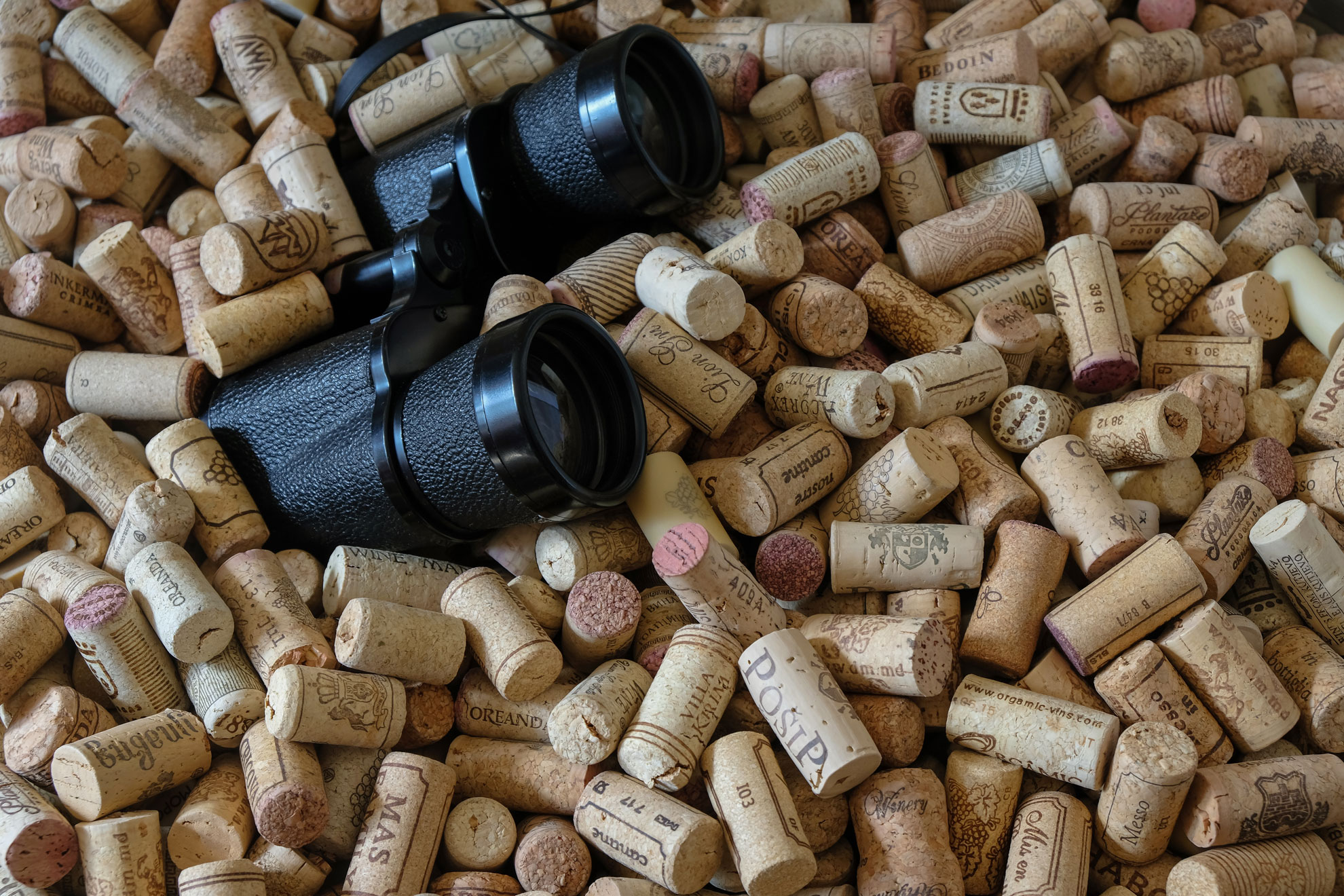2 DISPARATE, CONTROVERSIAL CHARACTERS’ IMPACT ON WINE
My Journalistic Reportage with Franzia & Starr
By Alan Goldfarb
Sept. 17, 2022
The Modesto bar and restaurant where Fred Franzia hung out I was told, was crowded with drinkers and diners. Franzia was not among them on this early night. Another source told me where he lived. So, I “staked out” the house in the countryside – binoculars trained on the ranch-style building. But after about an hour, Franzia was nowhere in sight. And on the day in 2005 the Franzia “Truth in Labeling” case had been heard at the California Supreme Court, which he lost, I spotted Fred getting into an elevator. I got in after him. It was Fred & Me. No one else. Hey Fred, what did you think of today’s hearing? I don’t remember if he said anything, but I think he said nothing. He refused to talk to me.
Those are my memories of the notorious Fred Franzia, who died last week.
There are also thoughts of the infamous Ken Starr, who also died on the same day. His public persona to many, was that of a loathsome character for all the dastardly things in which he participated. I remember Starr, though – a controversial hire by the Napa Vintners, which wanted Bill Clinton’s nemesis to represent it at the U.S. Supreme Court, to break the yolk of the three-tier system – surprisingly as a congenial sort in spite of my strong personal feelings. I recall coming into the interview not wanting to like him, and I was intent on not allowing the meeting to be business as usual, for what he did to the former President, his role in Watergate, and on Proposition 8. But I wound up liking him (damn it!) in the way one might -- journalist to subject. And being greatly impressed by his intellect. But that is what prosecution attorneys do – they lull you into thinking they’re good; and what they do is noble.
These were two men – who from a remove, I personally disliked -- but as a journalist, I came to understand how much they influenced American wine; and therefore, I regard them as Machiavellian players to the industry. Meeting both as I did, was a personal test of how to engage and conduct fair and balanced interviews, despite my feelings about them.
The Franzia Stakeout as I internally came to call it, was a lark of sorts. I pretended (to no one but myself) to be an investigative reporter. It was as a kind of divergence from my usual career beats – playing as I did in the kiddie sections of newspapers as a journalist in the sports and wine arenas. My intent, of course, was to actually track down Franzia, engage him in an interview; and come away with a story about him that had never been told. In the end, I never got my man, or the story I sought. I did, however, write self-deprecatingly, about the Franzia Stakeout.
As for Starr -- before he was to deliver to the industry what was ultimately a brilliant, extemporaneous speech outlining the case that he was going to present to the high court, which not incidentally he won -- I found myself alone with him.
One of the first things I inquired of him, was what he thought of the fact that many in the industry were opposed to his hire because of how he adjudicated against Clinton.
“This is another case. It was nothing to do with that other case; and besides, it happened so long ago,” he answered without rancor. Since this was 2003, the Clinton case played out in 1998-‘99, I pointed out, was not in the distant pass. I recall only that he seemed to shrug the latter point, off.
I believe I met with Starr once or twice after that, before he presented to the Court. But I don’t know why I happened to be alone in a car with him. I can’t recall if I was driving or it was Starr. But I do remember part of the conversation was about his being back in the Bay Area, where he was visiting his daughter in Walnut Creek, who just had a baby. I think he was talking about his becoming a first-time grandpa.
Both of these men – Fred Franzia and Ken Starr – from two very disparate backgrounds, with dissimilar personalities and their incongruent relationship to wine -- nonetheless had huge impacts on wine in the United States. From the perspective of my own career, I was professionally gratified to have encountered them; and proud of how I conducted myself as a journalist in their presence.